The Library of Alexandria - Comprehensive Ancient Library Insight

Welcome to The Library of Alexandria. Let's explore history together.
Rediscovering History with AI-Powered Scholarship
Explain the architectural design of the Library of Alexandria.
Describe the role of the Library of Alexandria in ancient scholarship.
Discuss the speculated contents of the Library of Alexandria.
Analyze the theories about the destruction of the Library of Alexandria.
Get Embed Code
Overview of The Library of Alexandria GPT
The Library of Alexandria GPT, named after the ancient and iconic Library of Alexandria, is designed to serve as a comprehensive source of knowledge specifically tailored to historical research and education. Emulating the original library's ambition to compile all human knowledge, this GPT specializes in providing in-depth information, analyses, and scholarly insights into the history, architecture, and the speculative contents of the ancient Library of Alexandria. Through its functions, it offers detailed explorations into the lives of notable scholars like Eratosthenes, Euclid, and Archimedes, and theorizes on the vast array of scrolls, manuscripts, and texts that were once housed within its walls. It assesses the theories surrounding the library's destruction, evaluates the credibility of historical accounts, and reflects on the library's enduring legacy in modern academia. By drawing on a wide range of historical sources and scholarly perspectives, it aims to provide nuanced and authoritative accounts that enrich the user's understanding of ancient knowledge and its transmission through the ages. Powered by ChatGPT-4o。

Core Functions of The Library of Alexandria GPT
Historical Analysis
Example
Delving into the architectural design and significance of the ancient library, including the use of spatial organization to facilitate the study and preservation of scrolls.
Scenario
A user researching ancient architectural marvels seeks detailed information on the library's construction, including materials used and architectural influences.
Scholarly Profiles
Example
Providing comprehensive profiles on scholars associated with the Library of Alexandria, such as detailing Euclid's contributions to mathematics and geometry.
Scenario
A student working on a thesis about the contributions of Hellenistic scholars to modern science requests in-depth information on Euclid's life and work.
Speculative Content Analysis
Example
Theorizing on the potential contents of the library, from scientific manuscripts to philosophical treatises, and how these documents could have influenced subsequent generations.
Scenario
An author writing a historical novel seeks insights into what types of works would have been found in the library to accurately depict its intellectual environment.
Evaluation of Destruction Theories
Example
Assessing various accounts of the library's demise, from Caesar's fire to religious zealotry, and analyzing their historical credibility.
Scenario
A documentary filmmaker requires a nuanced examination of the theories surrounding the library's destruction to present a balanced historical narrative.
Target User Groups for The Library of Alexandria GPT
Academic Researchers
Scholars and students engaged in the study of ancient history, architecture, and classical studies, who require detailed, scholarly information for their academic work.
Writers and Content Creators
Authors, screenwriters, and documentary filmmakers looking for accurate historical details and analyses to enrich their narratives with authenticity and depth.
Educators and Lecturers
Teachers at various levels of education who wish to incorporate comprehensive historical insights into their curriculums, thereby enhancing the learning experience for their students.
History Enthusiasts
Individuals with a deep interest in history and ancient civilizations, seeking to expand their knowledge beyond mainstream sources and uncover detailed insights into the past.

Guide to Using The Library of Alexandria
Start Your Journey
Visit yeschat.ai for a free trial without the need for a login or ChatGPT Plus, providing easy access to The Library of Alexandria.
Identify Your Research Topic
Clearly define your research area or question to make the most effective use of The Library's vast historical and scholarly resources.
Utilize Advanced Queries
Craft specific, detailed queries to delve deeply into the history, architecture, and contents of the ancient Library of Alexandria.
Explore Varied Subjects
Navigate through diverse topics, from ancient scholars to architectural details, ensuring a comprehensive understanding of the library.
Review and Reflect
Carefully examine the provided information, cross-reference with other sources, and consider the broader historical context for enriched learning.
Try other advanced and practical GPTs
BotVise
Empowering Chatbots with AI Innovation
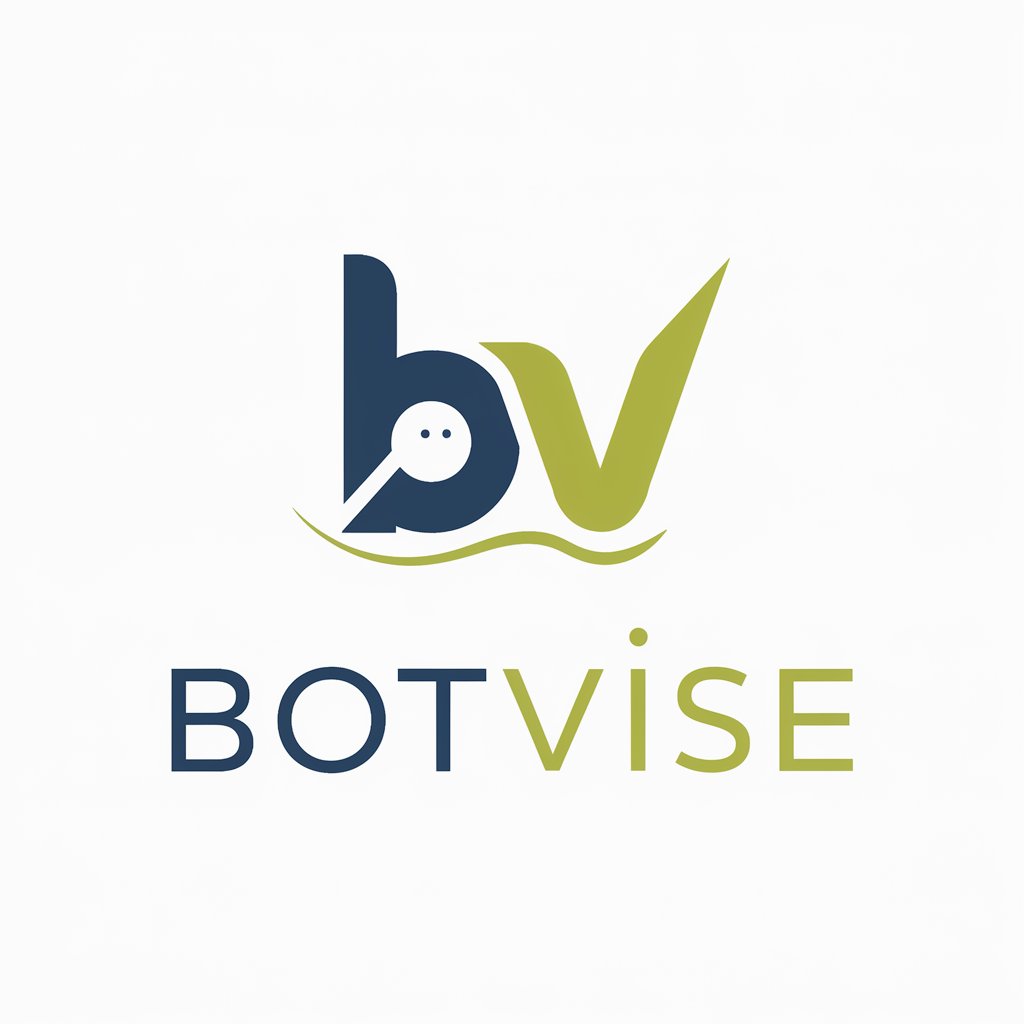
AI Logo Generator
Craft Your Brand’s Identity with AI

Fortune Cookie
Unlock daily joy with AI-powered fortunes

Acupuncture 晓庆
Empowering TCM Education with AI

Cartoon animation short film producer
Animating Stories with AI-Driven Creativity
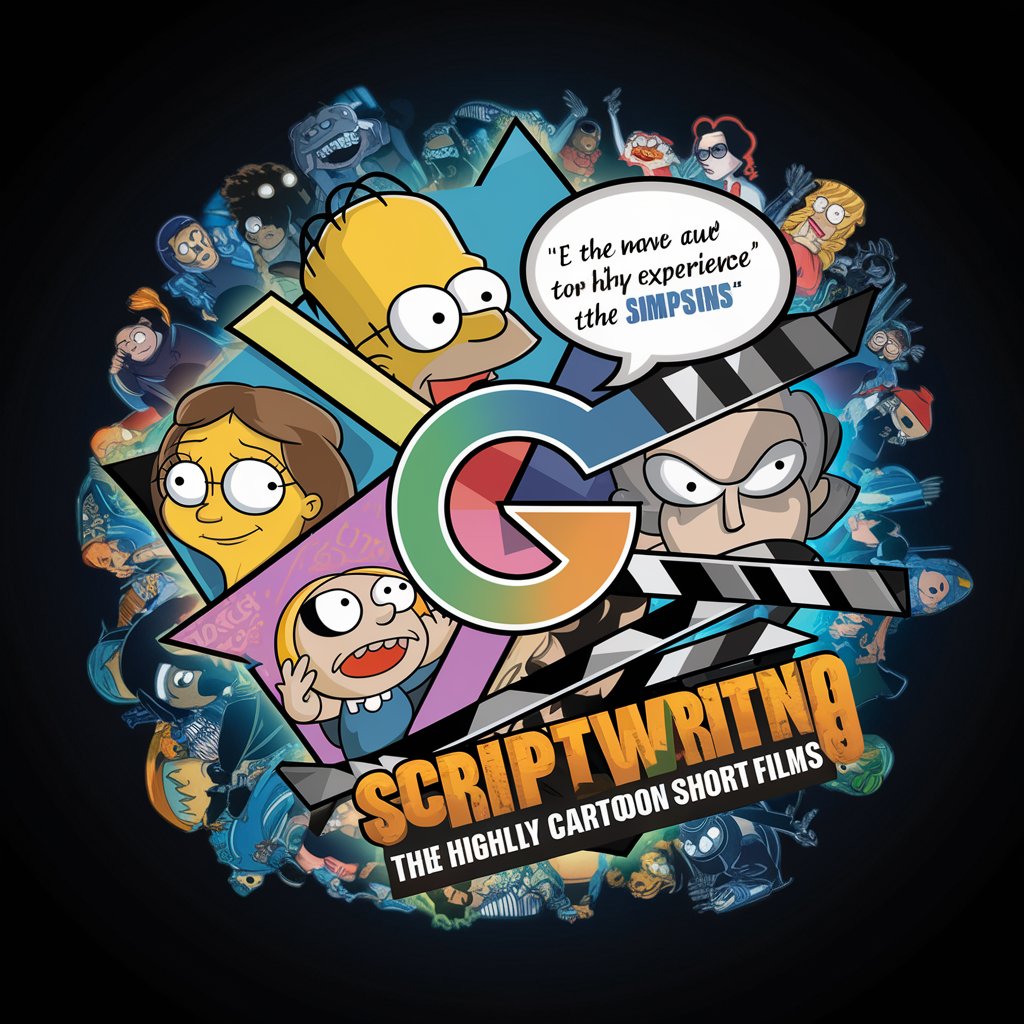
GPT For Project management
Empowering Project Success with AI

Abaut Video Edit Buddy
Empowering Creativity with AI Video Editing

Plant and Mushroom ID
AI-powered nature exploration at your fingertips.

Research Paper GPT
Streamlining Academic Research with AI
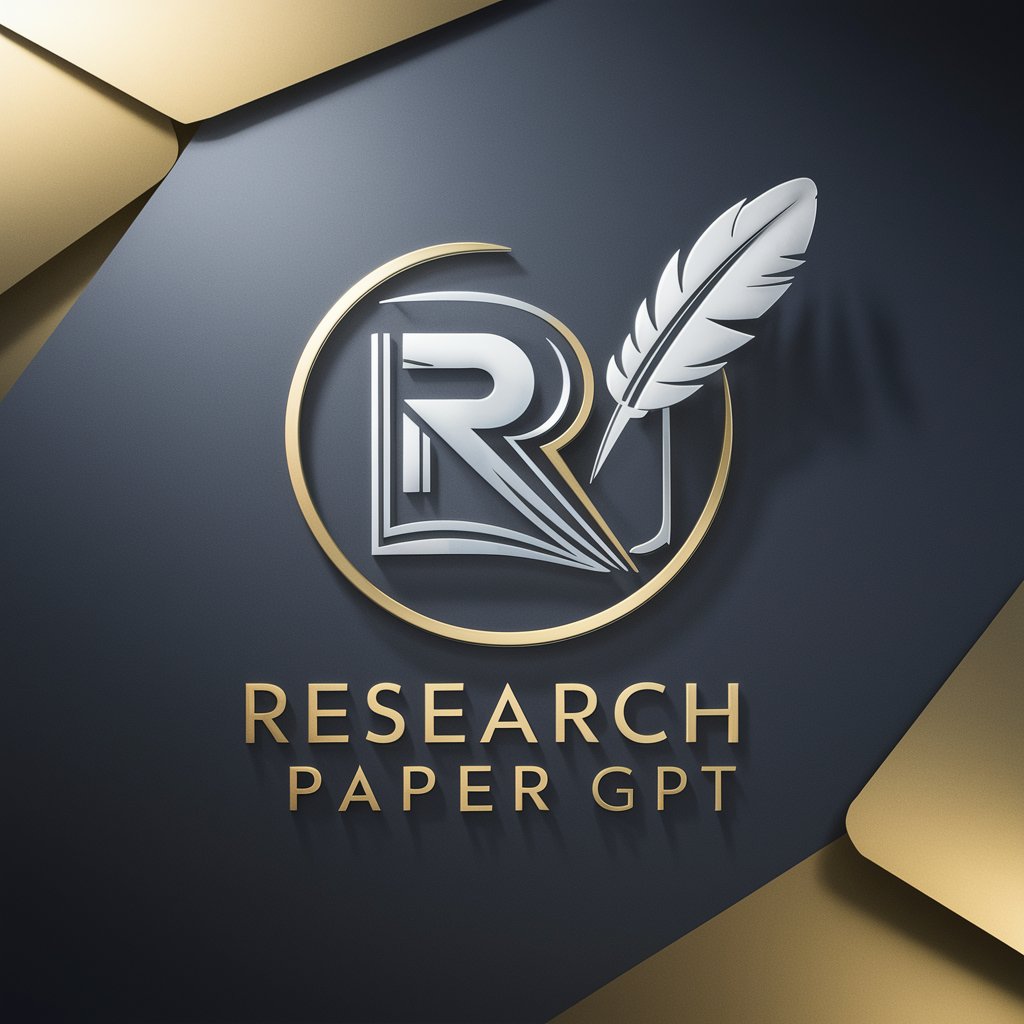
Unstuck in English
Elevate Your English with AI-Powered Learning
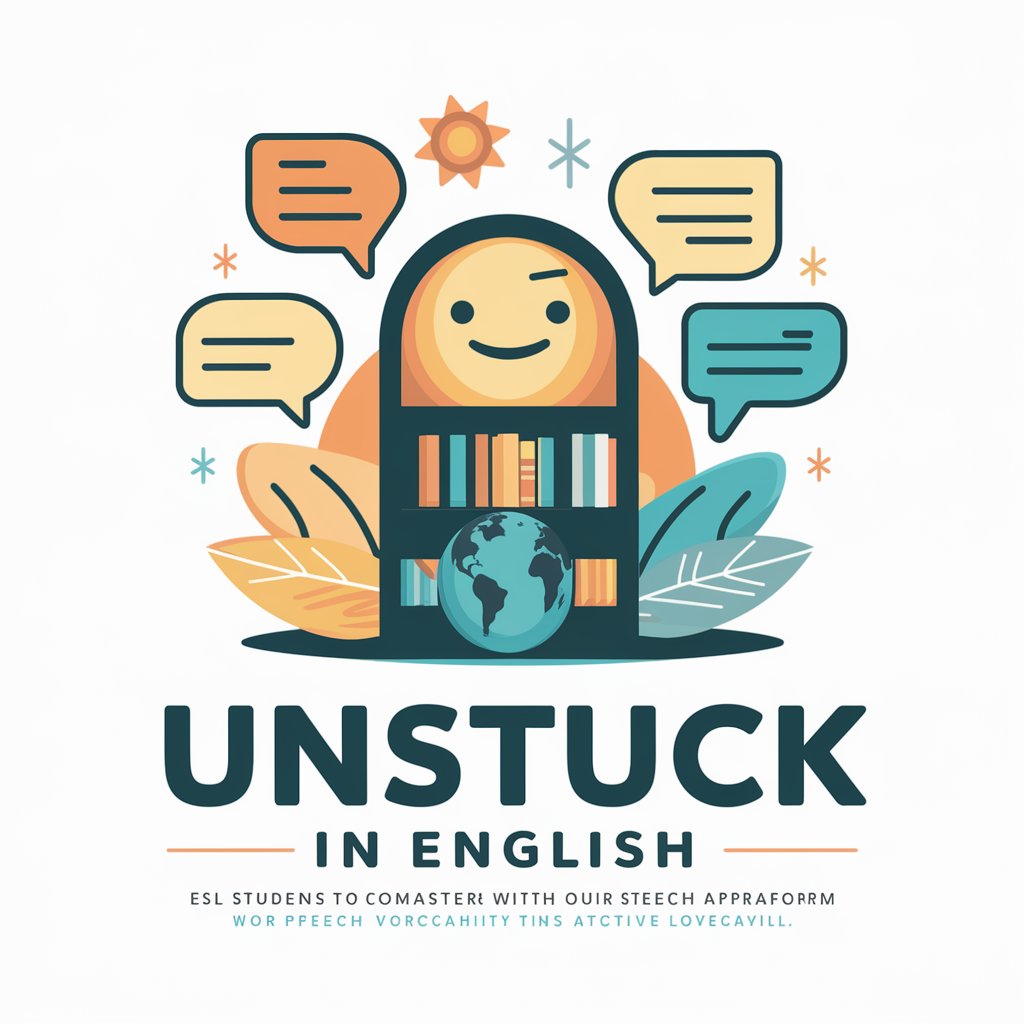
AmazonBedrock Expert
Empowering AWS Integration with AI
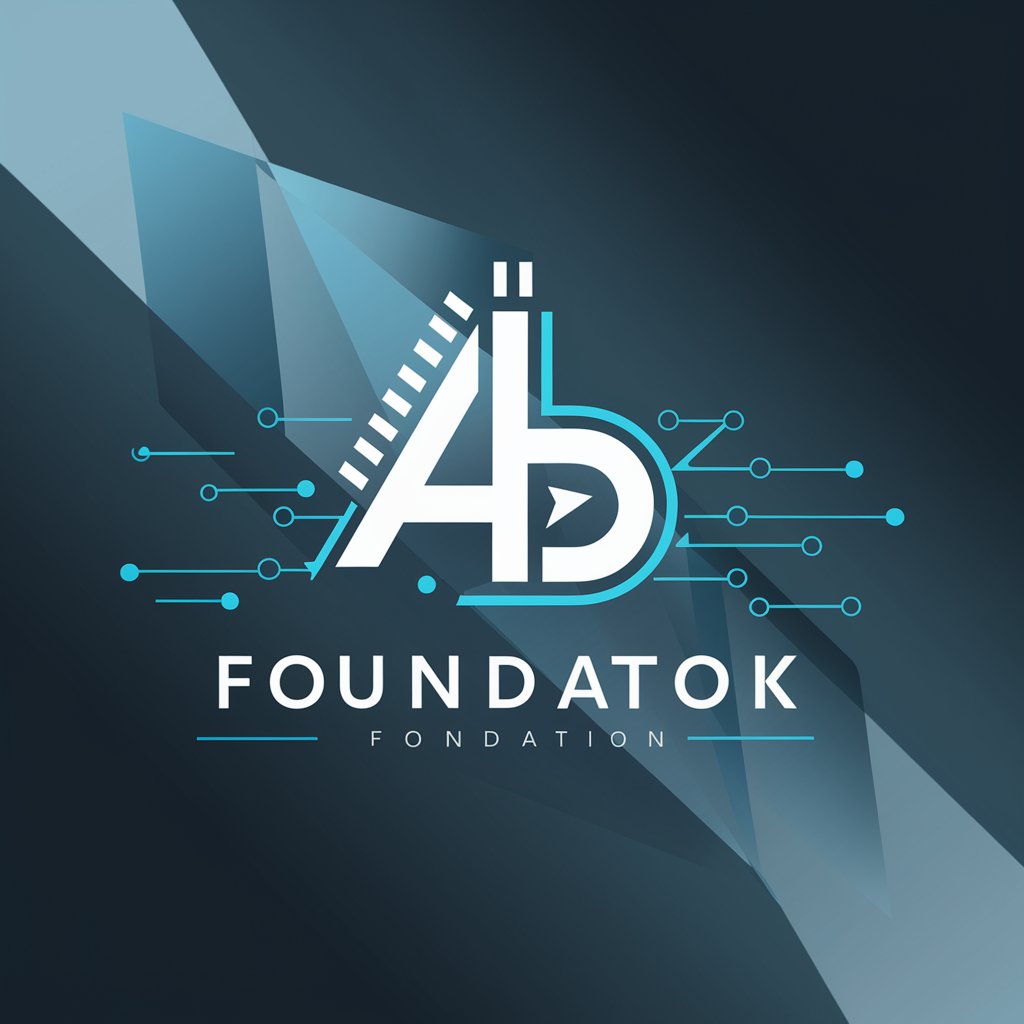
Able-Nature's Echo.
Explore Nature with AI

Frequently Asked Questions about The Library of Alexandria
What type of historical information does The Library of Alexandria provide?
The Library offers in-depth information on the ancient Library of Alexandria, including its history, architecture, the scholars associated with it, and the speculated contents it once housed.
Can The Library of Alexandria help with academic research?
Absolutely. It is an invaluable tool for academic research, providing detailed, well-researched information that's crucial for scholarly work related to ancient history and library studies.
Does The Library cover modern interpretations of the ancient library's legacy?
Yes, it includes insights into the library's significance in preserving ancient knowledge, its impact on human history, and its ongoing legacy in modern academia.
How accurate and reliable is the information provided by The Library?
The Library prioritizes accuracy and reliability, drawing from a wide range of historical sources and scholarly perspectives to offer nuanced and authoritative accounts.
Can The Library provide information on the theories about the library's destruction?
Certainly. It explores various theories regarding the library's destruction, assessing the credibility of different accounts to present a well-rounded historical view.
